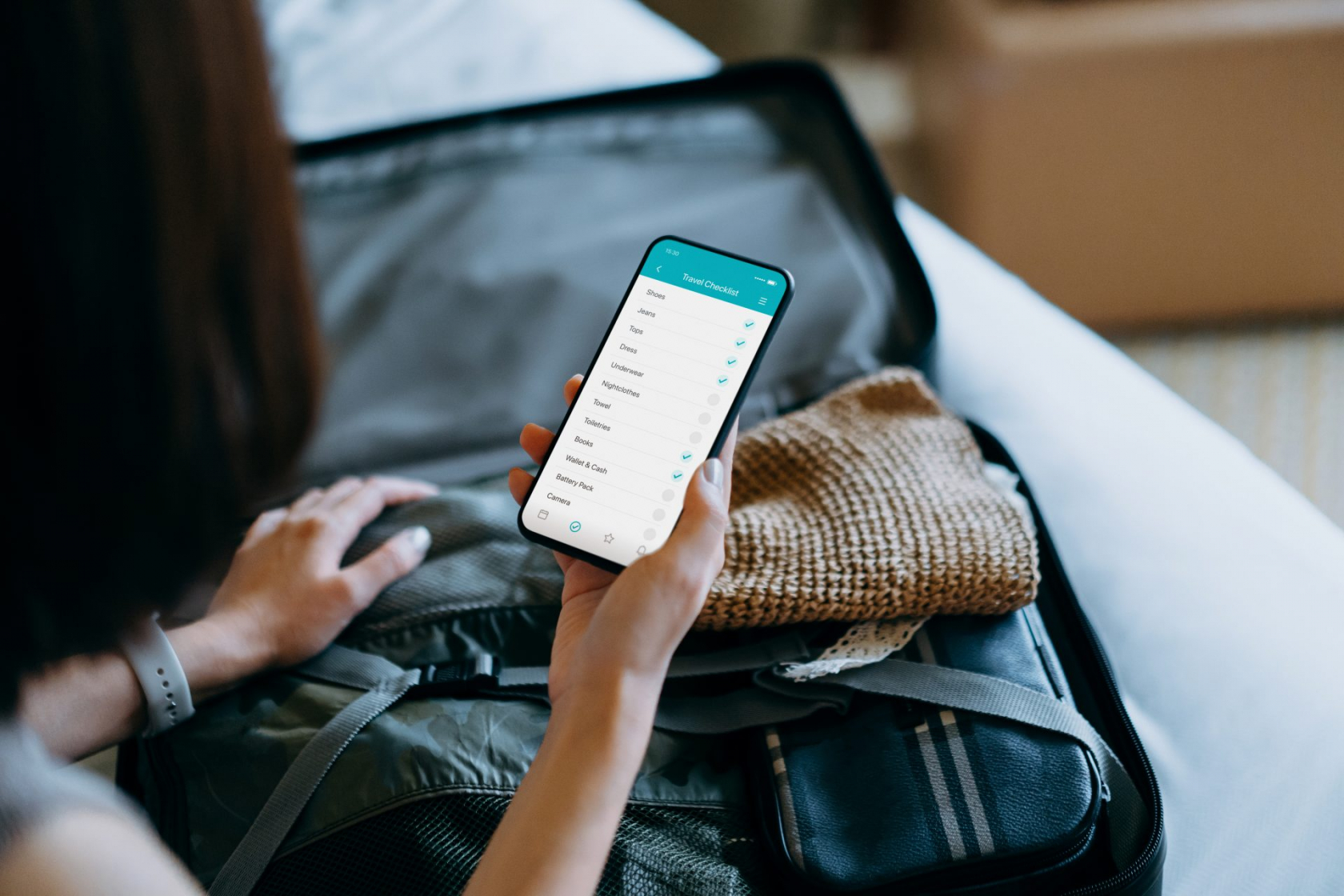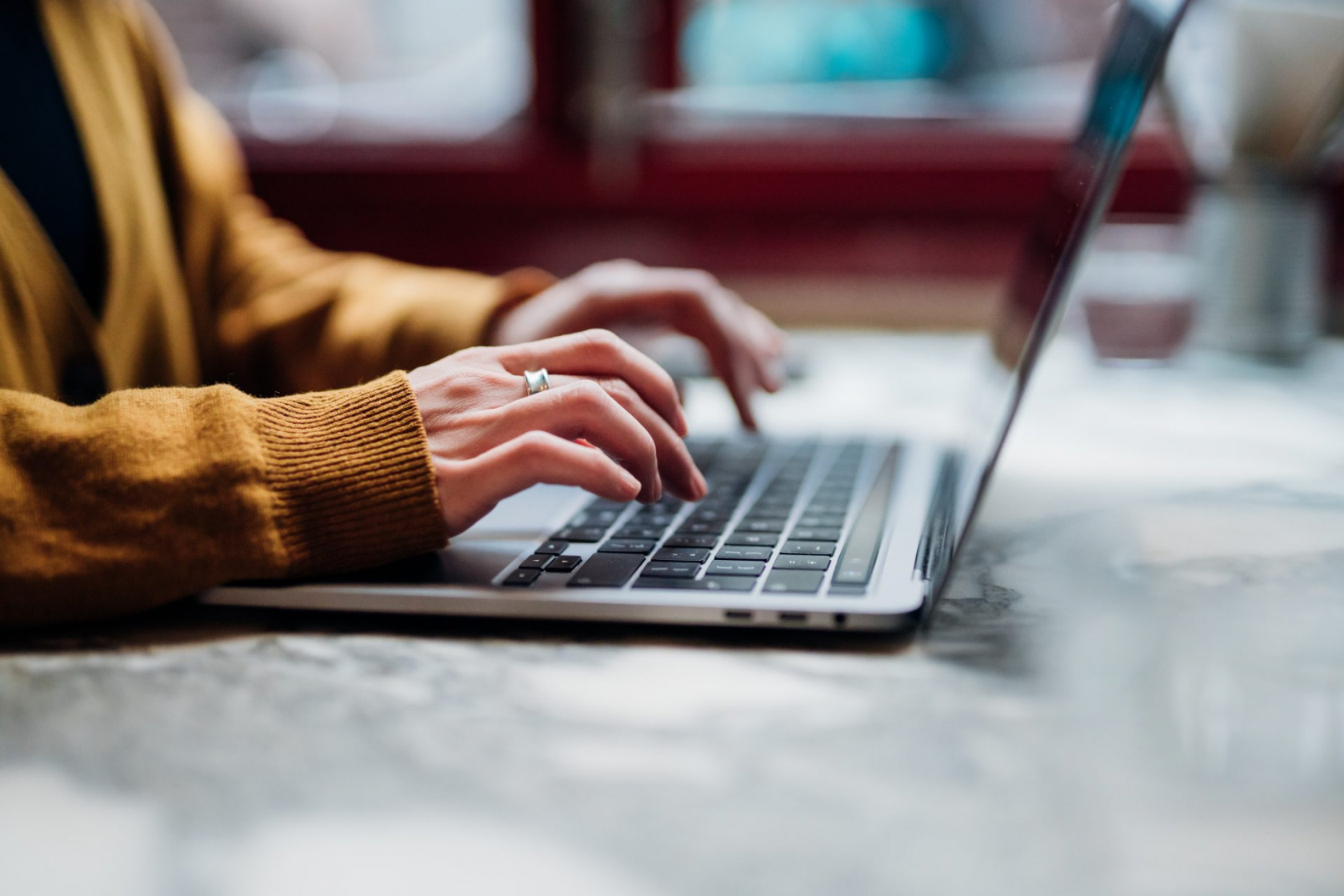4 simple ways to deal with pre-holiday stress, according to a psychotherapist
Do you tend to get stressed out in the days leading up to a holiday? Here’s some expert advice on how to relieve a bit of the pressure.
As exciting as going away on holiday can be, the amount of preparation and packing that goes into spending time away from home can quickly become a source of stress.
From organising cover for your work responsibilities and doing a last-minute shop to making sure you’ve got the right travel documents and ensuring everything’s packed and ready to go, the days leading up to a trip can be a surprisingly stressful time – especially if you’re someone who has a tendency to worry.
But just because going on holiday requires a surprising amount of admin, doesn’t mean you have to spend the last few days before you leave at your wit’s end.
In fact, there are a handful of simple things you can do to alleviate the pressure in the lead-up to a trip – and that’s where this article comes in. To help you relieve pre-holiday stress and feel more chilled out, we asked hypnotherapist and psychotherapist Jacqueline Carson to share some of her top tips. Here’s everything she had to say.
1. Plan ahead

One of the best ways to reduce your stress levels before going away on holiday is to plan ahead. Not only will this help you feel more in control, but it’ll likely reduce the number of last-minute panics you have the night before you’re set to leave. It’s also an effective way to avoid feelings of overwhelm, Carson explains.
“One of the biggest stress factors is overwhelm and if you don’t take control of this from the beginning, your mind will go into overdrive,” she says. “Make a checklist of things to do and put a date of when this needs to be completed, then tick them off as you go. This is important and will help you to feel in control by visually seeing the completed tasks.”
Shouldering all the responsibility isn’t fair on anyone, so if you’re travelling with others, make sure to split these tasks evenly. Making sure your list is as detailed as possible will also help, Carson adds.
“Your list should include things like in-date travel documents, visa and entry requirements, acquiring the right currency and insurance. Don’t forget to check flight details, times, airport, parking, baggage limits etc. Write it all down and keep in a folder with your checklist. You can also print off the itinerary and other information you need so you have a back-up to any emails.”
Carson continues: “Your checklist can also include what you need to take with you on holiday: clothes, sunscreen, medication etc. If you have space, you can designate an area in your bedroom or spare room and begin to put everything together. Psychologically, being able to see what you are taking a couple of weeks ahead will take the pressure off you having to remember all the time.”
2. Put on your OOO

Taking time off work is supposed to be relaxing – but the days leading up to time off can often feel more stressful than normal as you try to tie up loose ends. To conquer this, Carson recommends taking steps to ensure things will run smoothly in your absence, and setting boundaries for the period when you’ll be away.
“Enlist the help of a colleague and plan a handover for anything that will not wait until your return,” she suggests. “Make sure you put your out of office on (I would highly recommend doing this a day before you go off). Make sure your online diary specifies that you are off and not available.”
If possible, Carson adds, consider booking off a few extra days before you go away so you have time to transition into ‘holiday mode’. “Working until the last minute will increase your stress levels ten-fold, whereas taking an extra two days off before you go will reduce that feeling of overwhelm, and give you some breathing space.”
She continues: “Avoid the temptation to check your emails during this time, too. This will help to get you in the right headspace before you travel. Because we are so busy rushing around and ‘doing’, it can take a little while for our mind to calm down and adjust to going at a slower pace.
“Psychologically, we can resist letting go and handing over control to someone else. Those extra couple of days will help you to switch off before you head away.”
3. Get ready to go

You’ll want to use the week or two leading up to your trip to get organised. This includes making sure you have everything ready to pack, as well as ensuring your home is ready for you to leave, too.
For example, Carson suggests you might want to get any last-minute washing done, or make sure you have some food in the freezer for when you return. Writing up any instructions for someone who is housesitting will also make leaving less stressful, as will ensuring your pets (if you have any) are settled wherever they’re staying.
This period is also a good time to make sure your finances are in order, Carson adds. “If possible, set aside an emergency fund in a different account that you can easily get access to abroad if things go wrong,” she says.
“You could even have an arrangement with a friend or family member as a back-up. If you’re using a credit card, make sure you know how much credit you have and what the fees are before you travel. If you’re taking currency, ensure to collect this well in advance and make sure you have a small amount of pounds too.”
Carson continues: “When we’re travelling abroad, we’re not sure what to expect, especially if it’s a place we have never been to before. Our brains are hardwired to protect us and keep us safe and as such we feel comfortable with things we know and understand. Anything that takes us out of our comfort zone can lead to stress and anxiety.
“The brain will release stress hormones like cortisol and adrenaline which will put us into that ‘flight or fight’ feeling. Planning for the unknown and making sure we have money for emergencies will help to alleviate those feelings, leaving us free to enjoy the experience.”
4. Decompress before you leave

If you have enough time to get everything sorted, Carson recommends using the last day before you leave as a relaxation day to help you get into a more chilled-out headspace.
“Go for a massage or facial to get you in the mood,” she recommends. “Listen to some upbeat music or create a ‘holiday playlist’ you can listen to on the plane. Download a meditation audio. Read a book.
“Go over your checklist, make sure your phone is charged up and the charger on hand with your travel documents in your hand luggage. Then finally put everything by the door, have a bath and an early night, making sure to set your alarm.”
Images: Getty
Source: Read Full Article



